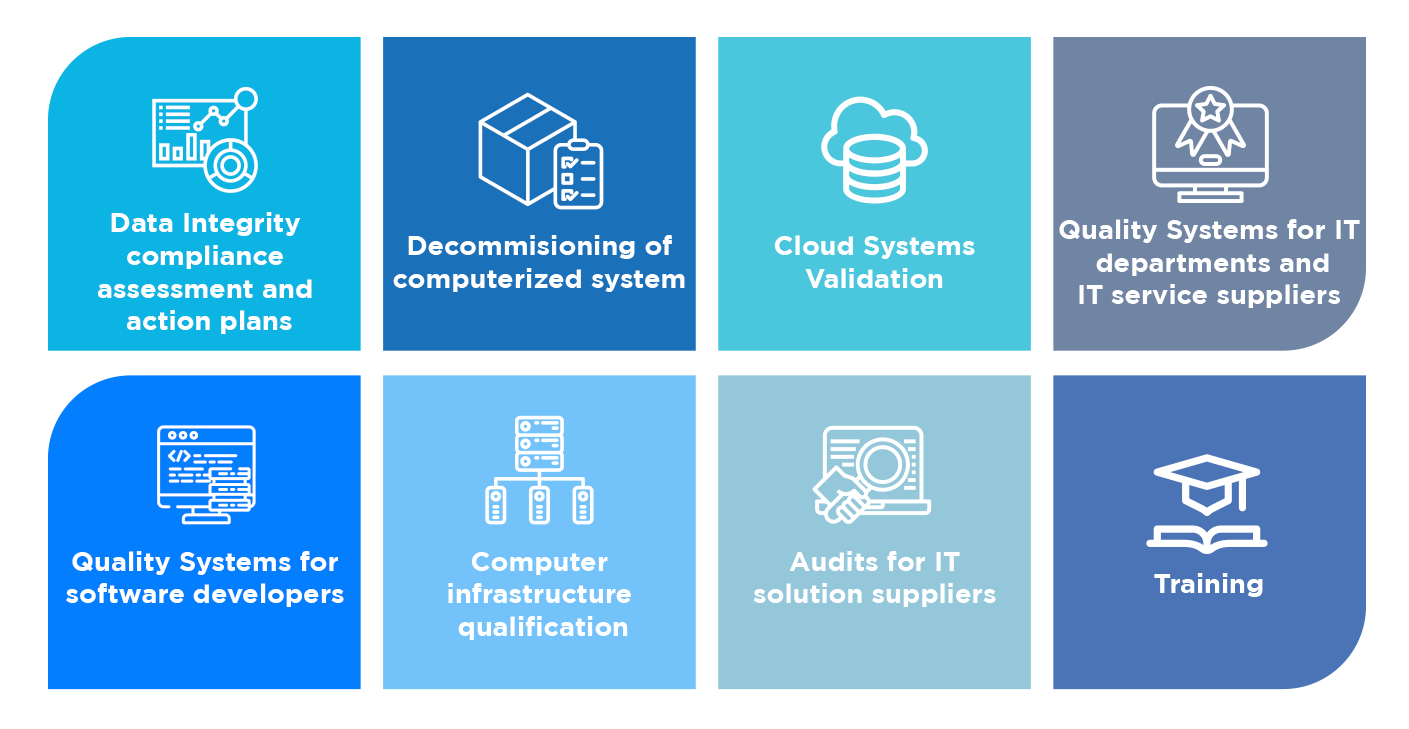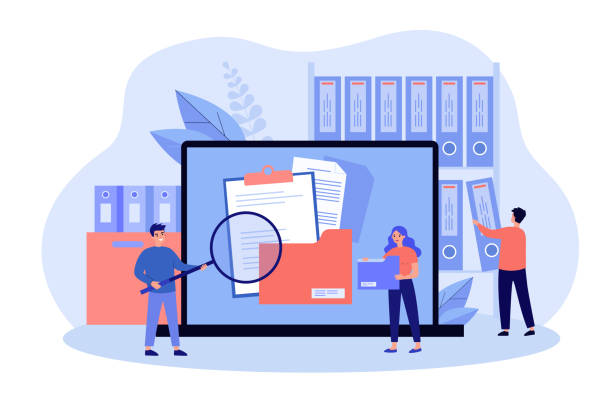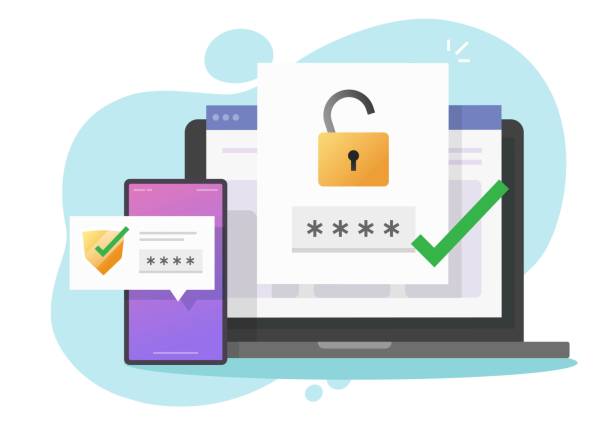Computer System Validation
Computer System Validation (CSV) is often referred to as software validation. Regulated companies perform validation projects to prove that their software or system is performing the way it is supposed to work, and not performing in ways that it isn’t intended to work.























